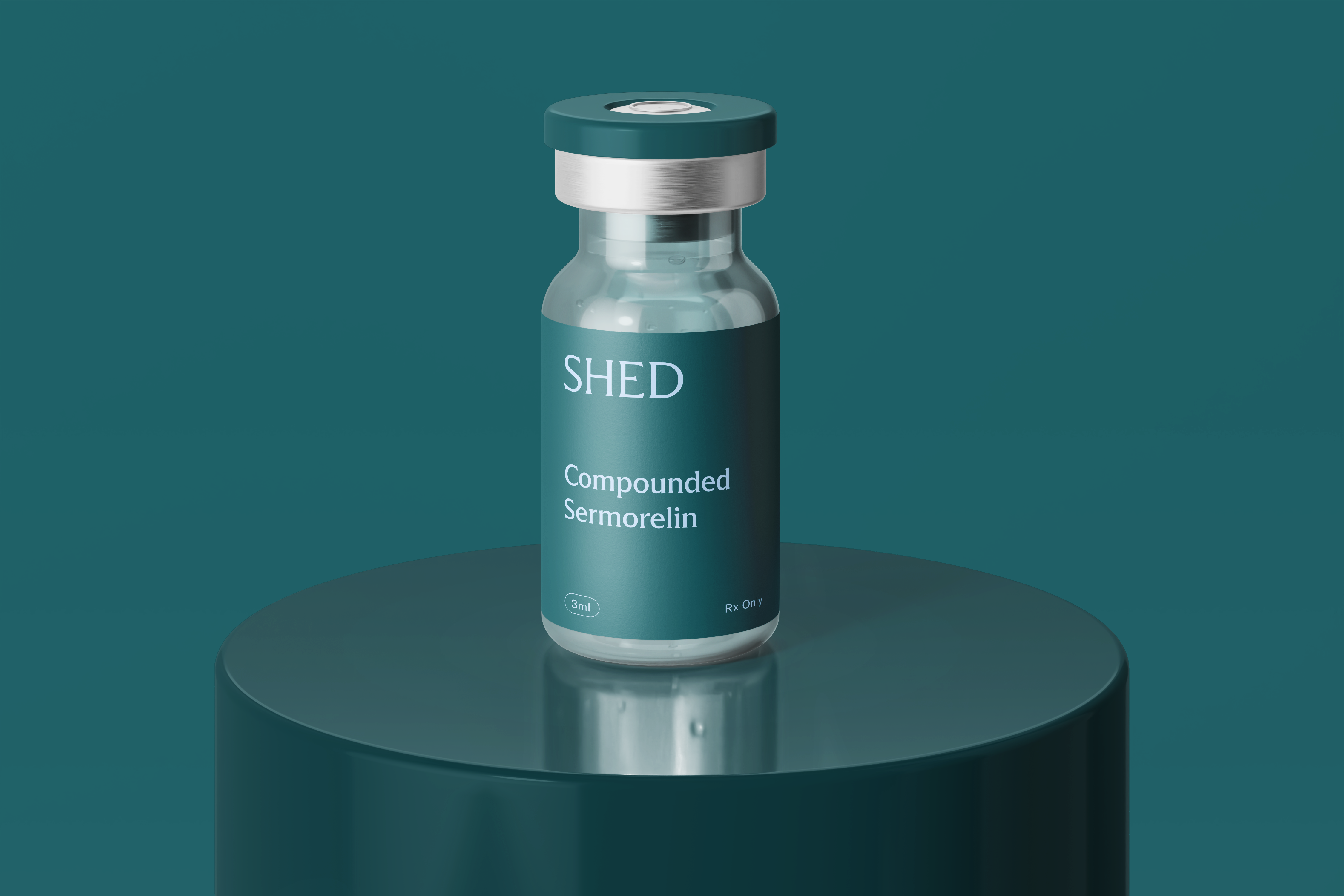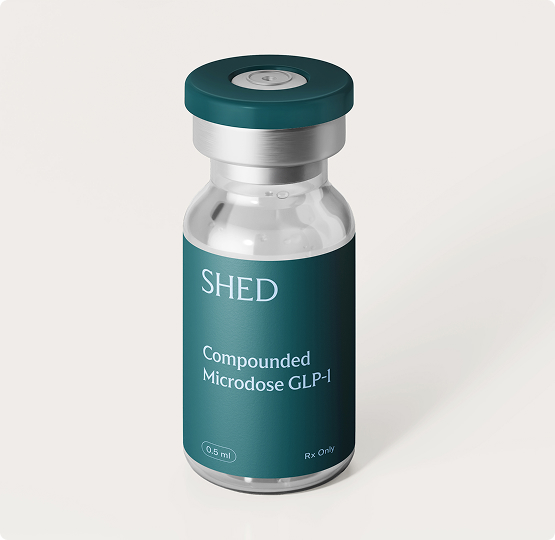Movember is more than a mustache; it’s a movement. Each November, men around the world unite to raise awareness for mental health, prostate and testicular health, and overall well-being. But beyond the conversation, Movember is an invitation to take action through nutrition, movement, mindset, and modern health support.
Let’s explore how to build strength, balance hormones, and boost vitality—inside and out.
Movember matters
Many men are often the last to book check-ups or open up about how they’re feeling. That’s exactly what Movember aims to change. The campaign’s mission is simple yet powerful: reduce premature male death by 25% by 2030 through awareness, prevention, and lifestyle change. So this month, make it personal. Schedule your annual physical, reconnect with friends, and start (or restart) habits that help you feel your best.
Fuel for strength and hormones
Nutrition is the cornerstone of men’s health. The foods you eat directly affect metabolism, hormones, muscle mass, and energy levels.
1. Prioritize protein
Lean proteins like chicken, fish, eggs, and Greek yogurt support muscle repair and healthy testosterone levels. Aim for 25–30 grams per meal.
2. Add healthy fats
Incorporate olive oil, avocado, nuts, and fatty fish into your diet. These support hormone production and cardiovascular health.
3. Focus on fiber and whole foods
Fruits, vegetables, legumes, and whole grains regulate blood sugar and support gut health, a key for testosterone metabolism and digestion.
4. Hydrate
Water drives every system in the body and supports muscle recovery, metabolism, and mental clarity. Start your day with a glass and sip consistently. Most men need 80–100 oz of fluid daily (more if active or in warm climates).

Train for strength and longevity
Exercise is medicine, especially strength training. Consistent movement improves muscle tone, hormone balance, mood, and confidence. The goal isn’t perfection, but consistency. Three to four intentional workouts per week go a long way toward better energy, muscle tone, and metabolic health.
Best workouts for men’s health
- Compound lifts (squats, deadlifts, lunges): Stimulate growth hormone and testosterone.
- Glute and leg focus (hip thrusts, step-ups): Build stability, power, and metabolism.
- Cardio (elliptical, cycling, rowing): Boost endurance and heart health.
- Mobility and recovery: Foam rolling, stretching, and sleep keep your body primed.
Smart supplementation
While food is your foundation, the right supplements can fill gaps and optimize performance.
Best supplements for men:
- Omega-3s: Support heart and joint health.
- Vitamin D3, zinc, magnesium: Key for testosterone, energy, and sleep.
- Probiotics or fiber supplements: Support digestion and gut balance.
- Protein powder: Easy way to hit daily targets when on the go.
- Greens powder: Fill nutrient gaps and get essential antioxidants that promote overall vitality.
Spotlight on sermorelin: Support for strength, recovery, and vitality

For men exploring advanced health optimization, Sermorelin can be a valuable tool. It’s a peptide that stimulates natural growth hormone (GH) production and may be helpful to restore the body’s own youthful system for repair. Sermorelin works best when paired with proper nutrition, training, sleep, and stress management.
Potential benefits include:
- Increased lean muscle and faster recovery*
- Reduced abdominal fat and improved body composition*
- Enhanced sleep, mood, and energy*
- Healthier skin and overall vitality*
Don’t forget mental health
Physical strength means little without mental resilience. This Movember, take time to check in with yourself and those around you. If you’re struggling, reach out. Professional support, therapy, or simply opening up to a friend can be life-changing.
- Talk: Real conversations save lives.
- Sleep: Aim for 7–8 hours nightly to support hormone balance and recovery.
- Connect: Relationships, community, and purpose all improve longevity.
By fueling your body with nutrient-dense foods, training consistently, supporting your hormones with the right supplements, and prioritizing mental health, you build a foundation where you can be the real you and live a life of true vitality.
FAQs: Men’s health during Movember and beyond
What is Movember, and why does it matter for men’s health?
Movember is a global movement focused on improving men’s health, prostate and testicular cancer awareness, and overall well-being. While the mustache is the symbol, the mission goes far deeper—encouraging prevention, early detection, and lifestyle habits that reduce premature male death. This movement is a reminder to book your annual check-up, reconnect socially, and invest in your physical and mental health.
What foods support healthy testosterone levels?
Protein-rich foods like eggs, fish, chicken, and Greek yogurt help maintain muscle mass and support hormone balance. Healthy fats (olive oil, avocado, nuts, fatty fish) also play a role in testosterone production, and whole foods high in fiber (veggies, fruits, legumes, whole grains) help regulate blood sugar and support gut health, which influences hormone metabolism.
How can men support mental health during Movember?
Mental health is a core pillar of Movember. Men can support their emotional well-being by building community and purpose through social connections and physical activity, prioritizing sleep, and seeking professional support when needed. Small changes and consistent support can be life-changing.
What are the most important health screenings for men?
Speak with your provider about any of the following:
- Annual physical exams
- Blood pressure and cholesterol testing
- Diabetes screening
- Prostate cancer screening (starting around age 50 for most men, earlier if you are high risk)
- Testicular self-exams
- Mental health check-ins
*These statements have not been evaluated by the FDA. This product is not intended to diagnose, treat, cure, or prevent any disease.
.svg)









